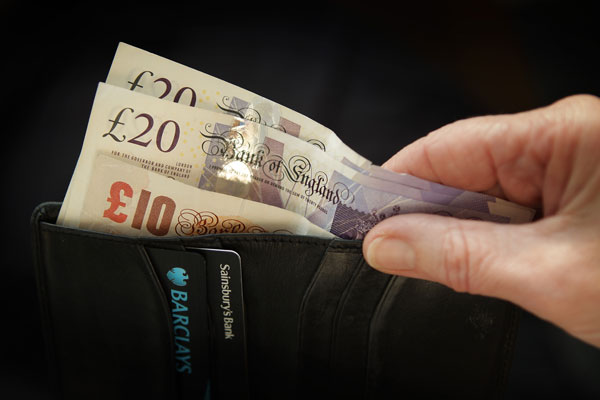I had the strangest call today from an outfit called publicservice.co.uk. A rather pleasant woman, albeit with a slightly insistent phone manner, asked me for my views on work creation and the government’s policy on hard to reach &”NEETS” (horrible jargon for young people not education, employment or training). I have my views, but I also have my own ways of making these known to government, so I asked how the information I gave her would be used. Was someone paying her to provide intelligence? In which case, I wondered how much she was proposing to pay me.
Oh no, she said, she wasn’t a consultant, she was working for a highly influential publication read by prominent individuals in politics, the civil service and local government and distributed to 152,000 public sector organisations. ‘Sounds good’, I thought. She said she was commissioning an article by Chris Grayling about the government’s Work Programme and would I like to write 650-1300 words to go alongside the words from the minister? I said I’d be delighted.
The discussion then moved to the fee. That would be £4,000 for a short article and £6,000 for something longer, she explained. At this point I realised this was what she expected me to pay for the privilege of expressing my views. I suggested that it might be odd for a working journalist to pay to get his words into print, especially when I would be arguing that the government needs to recognise young people need to be paid a fair day’s wage for a fair day’s work.
The woman from Public Service offered to negotiate a reduced fee, at which point I politely ended the conversation having been provided with a scary vision of the future of journalism.
Martin Bright
Will journalists soon have to pay for the privilege?






Comments